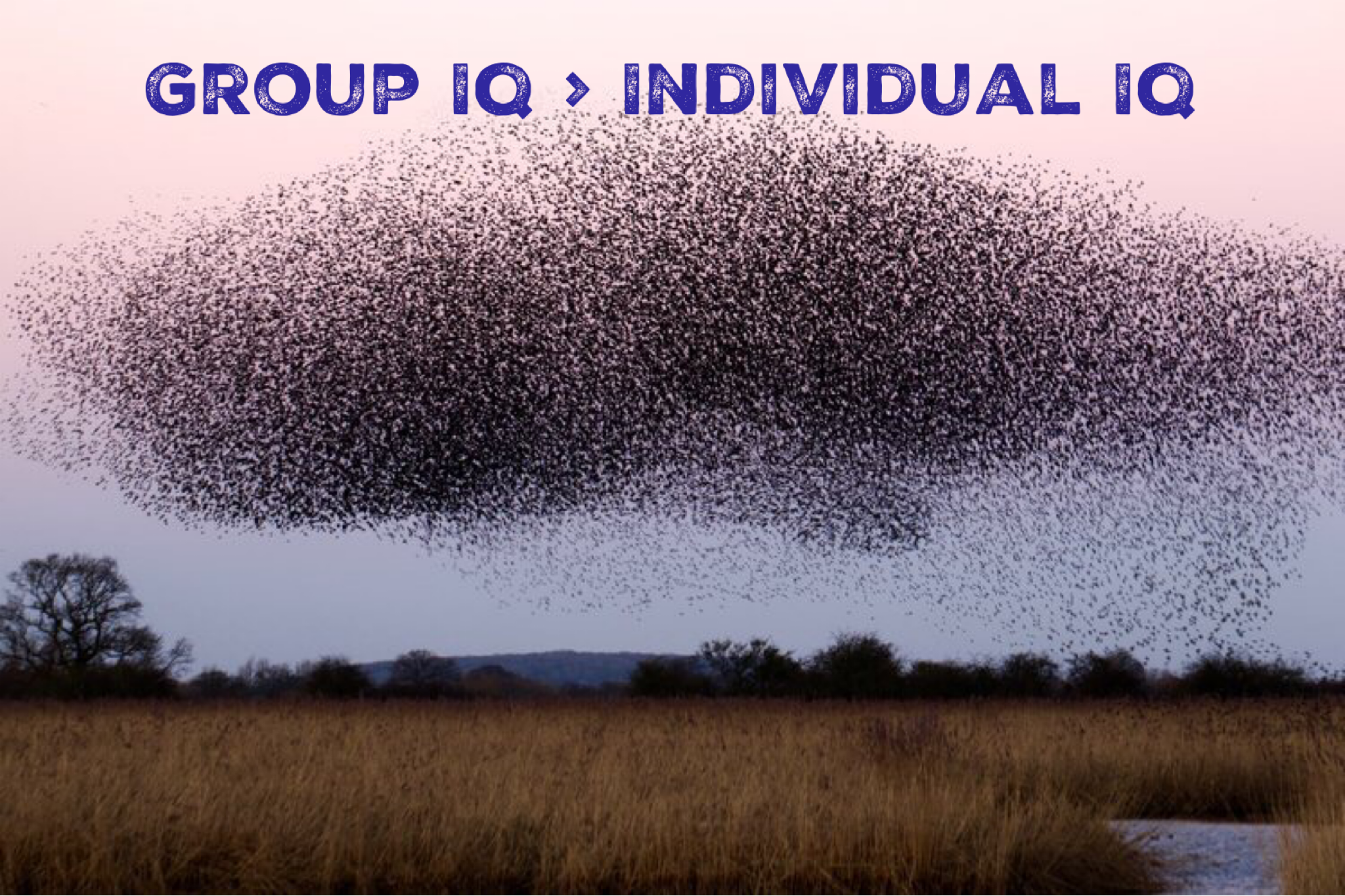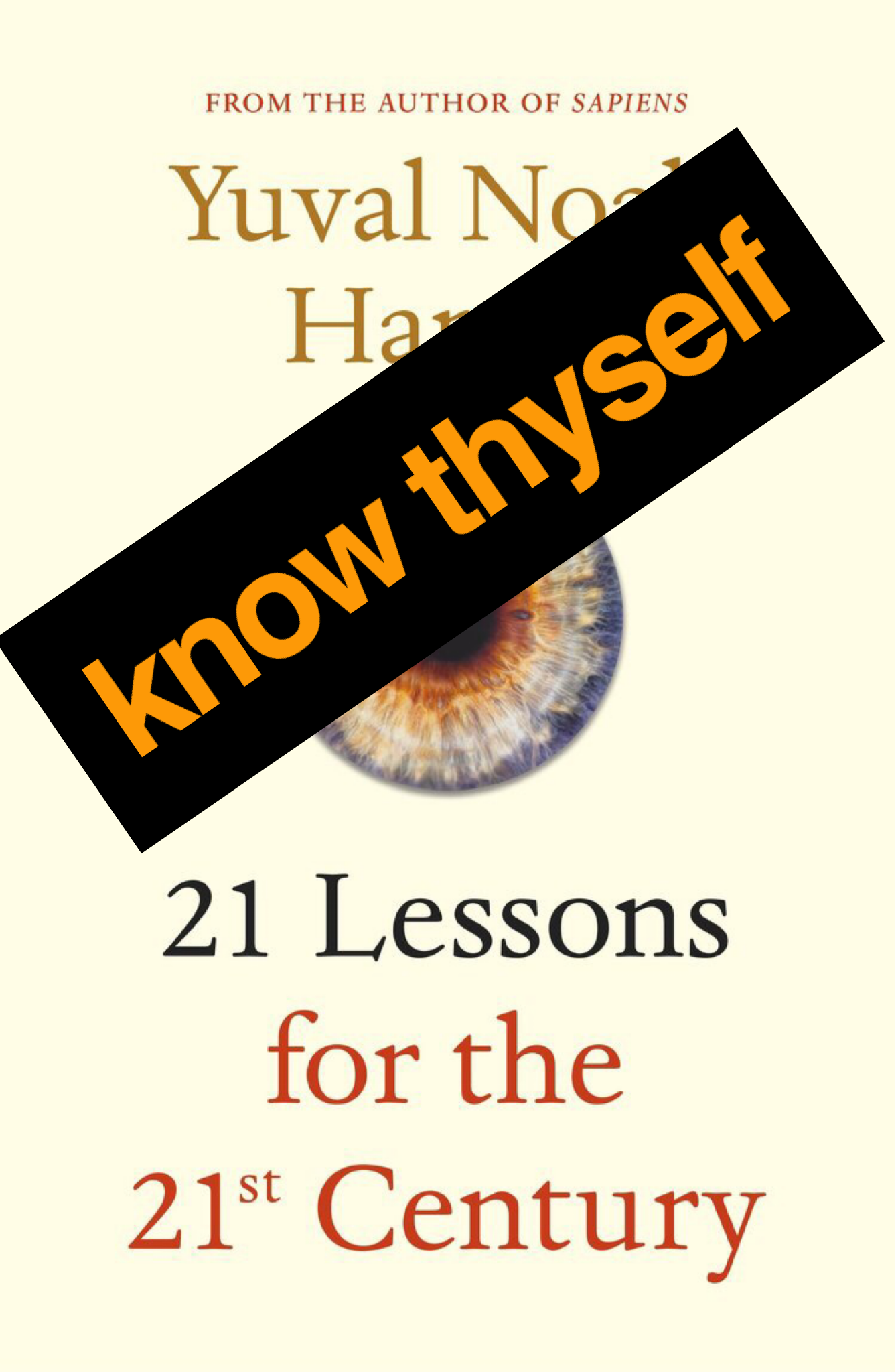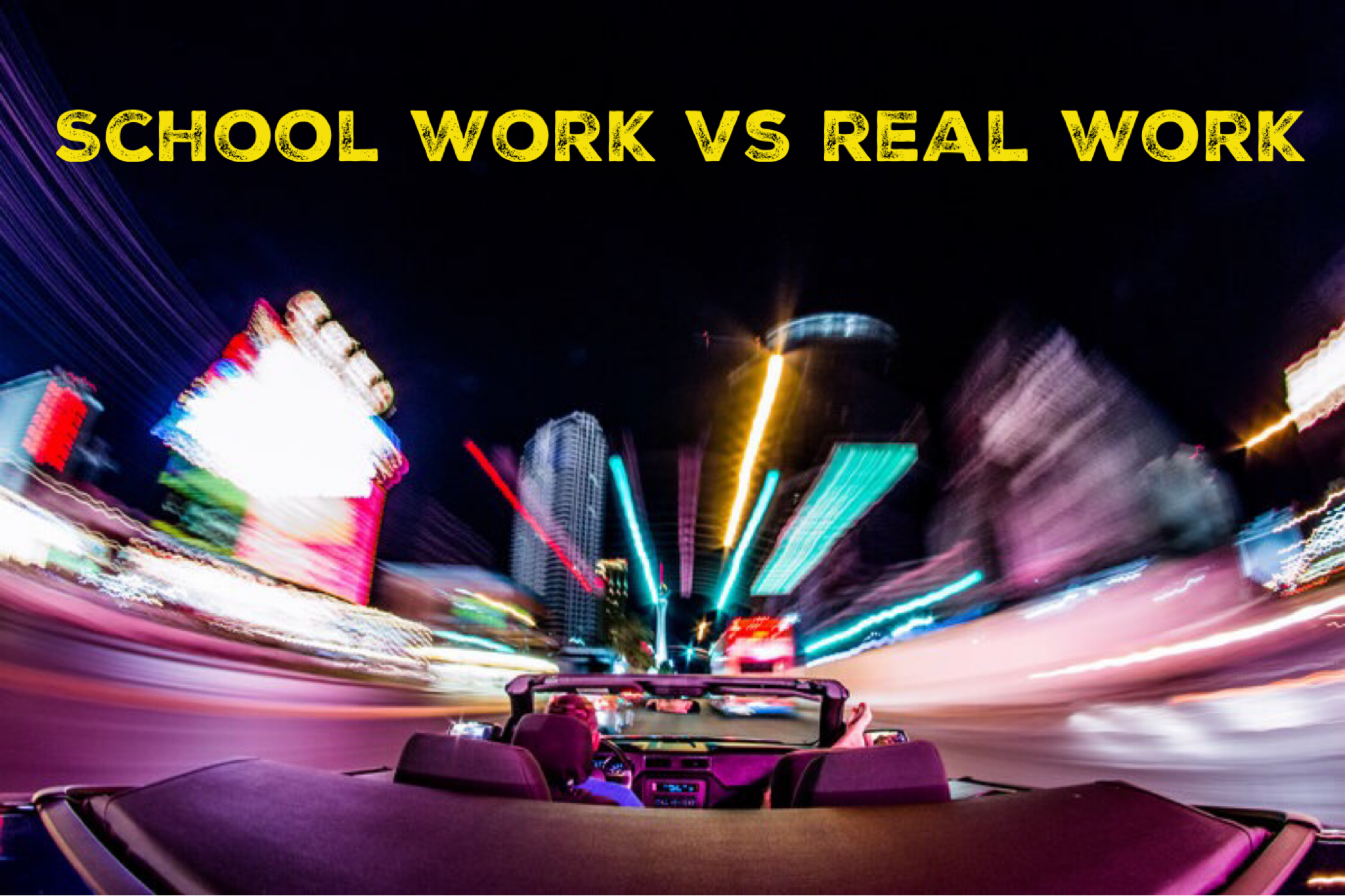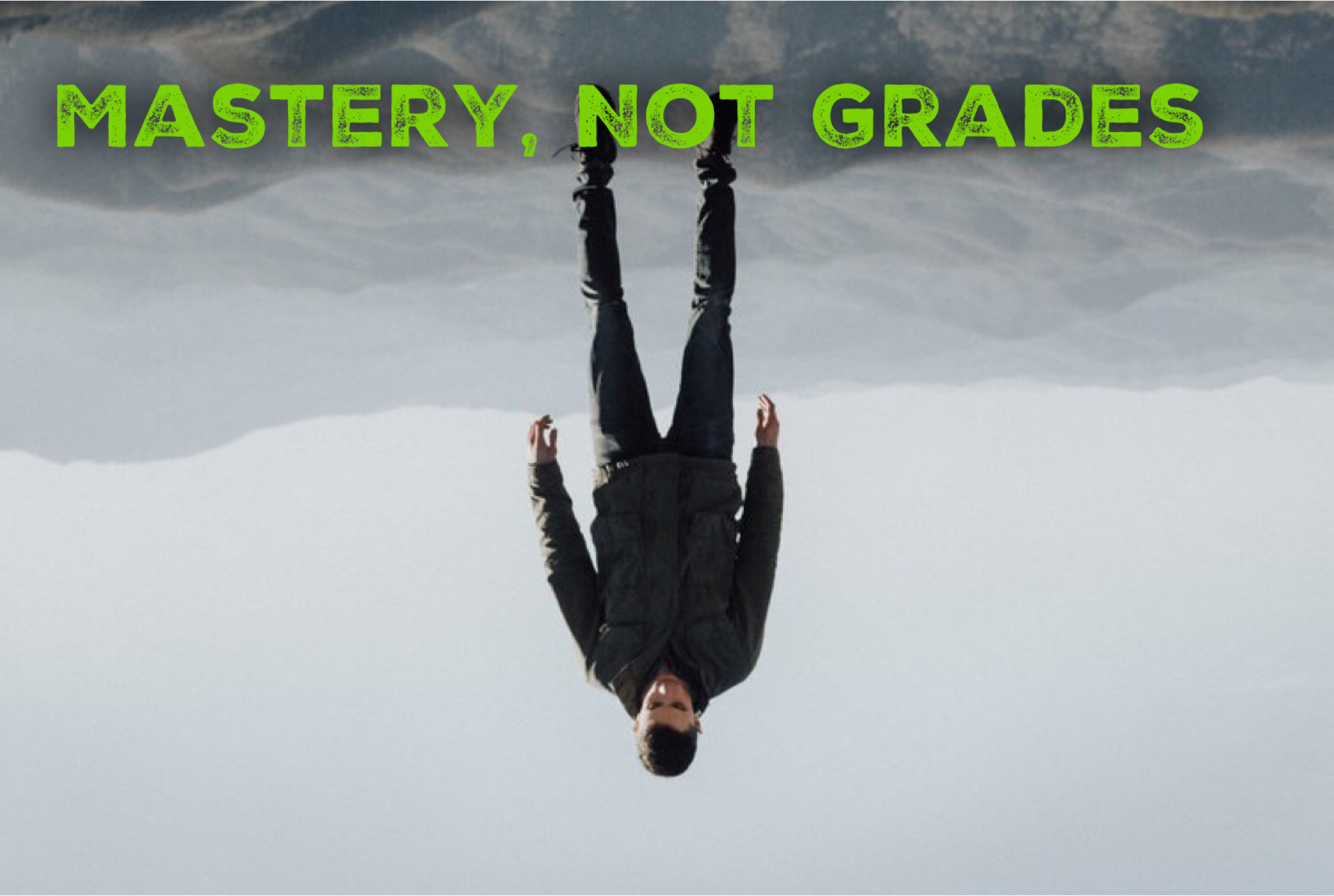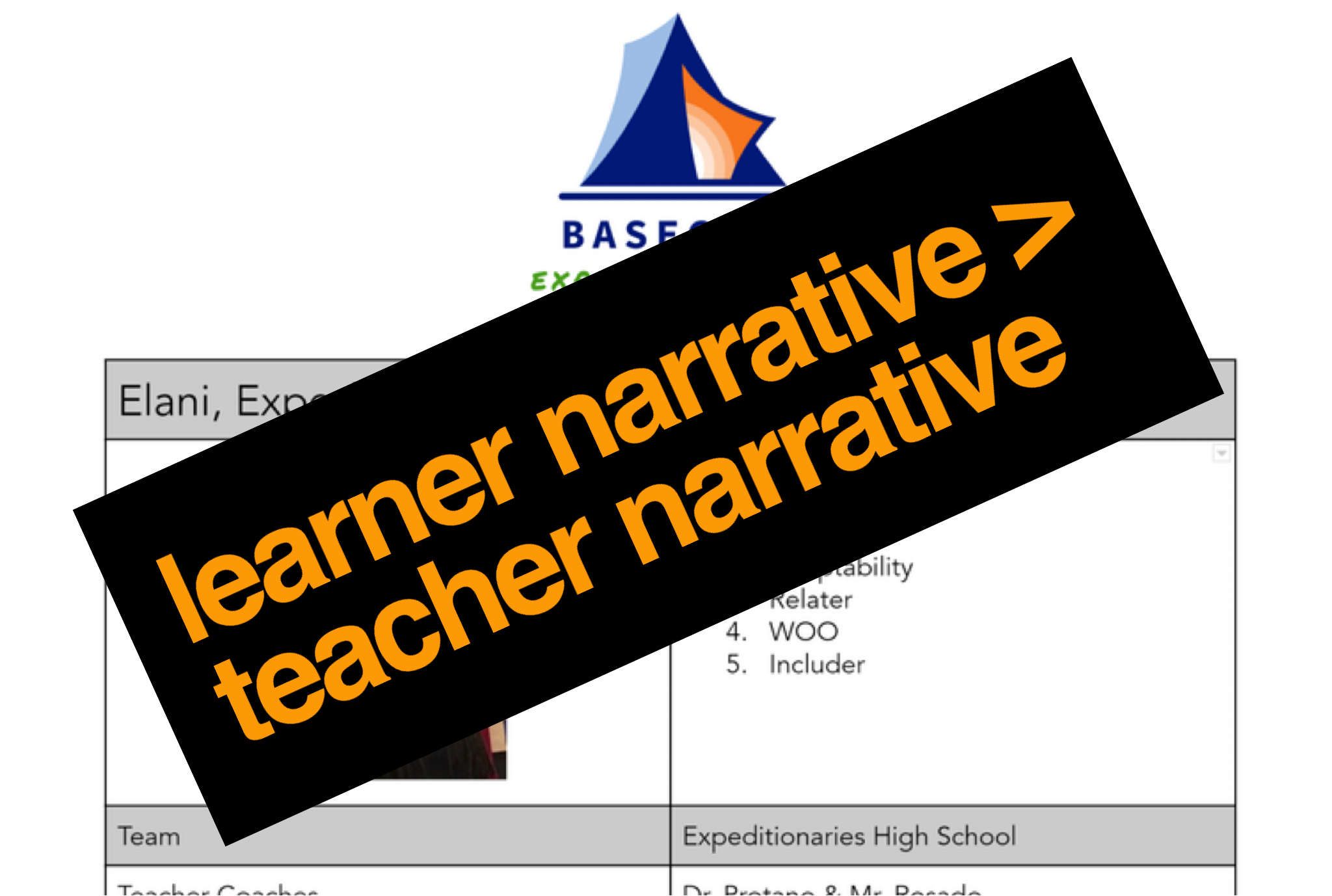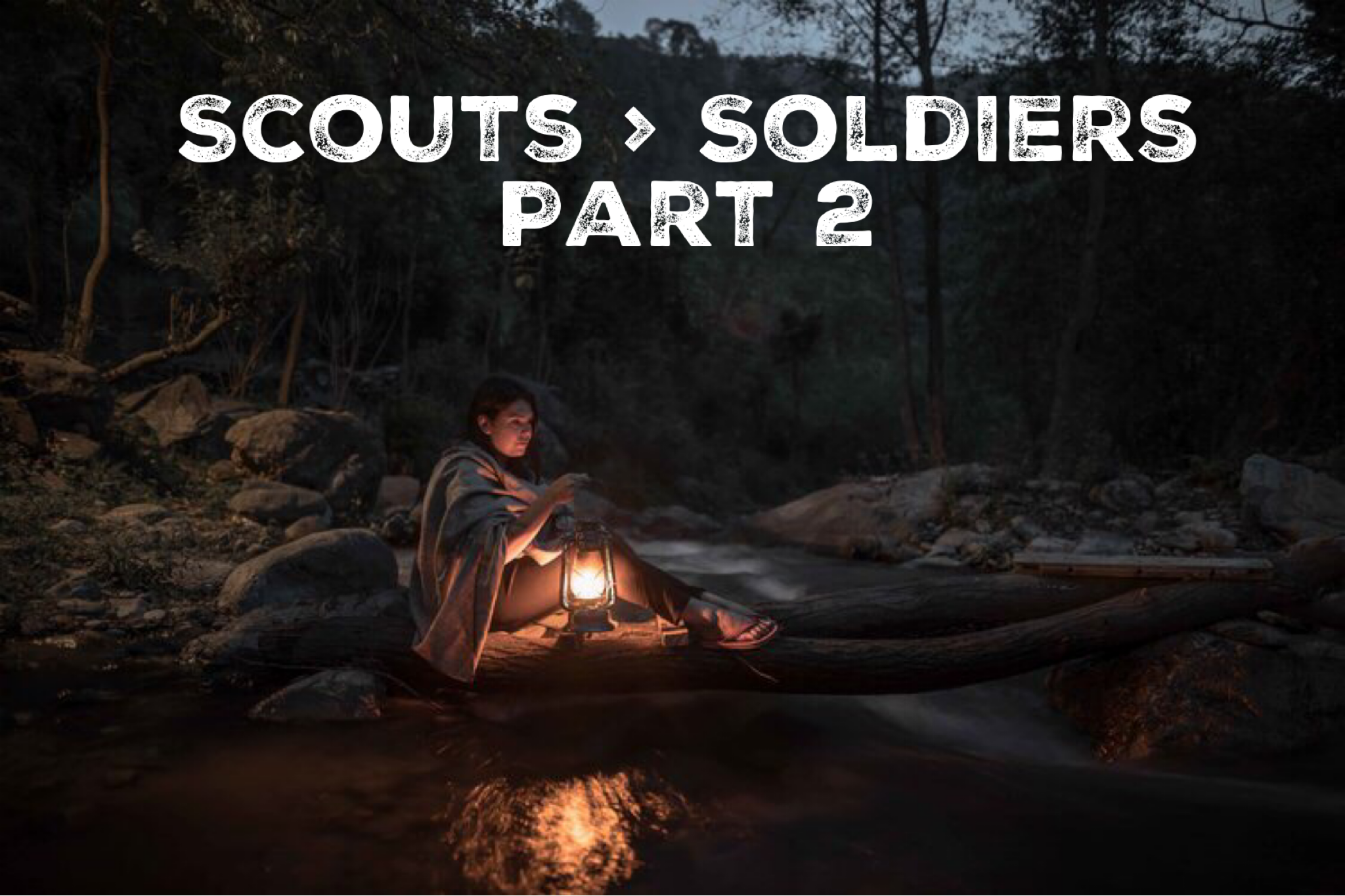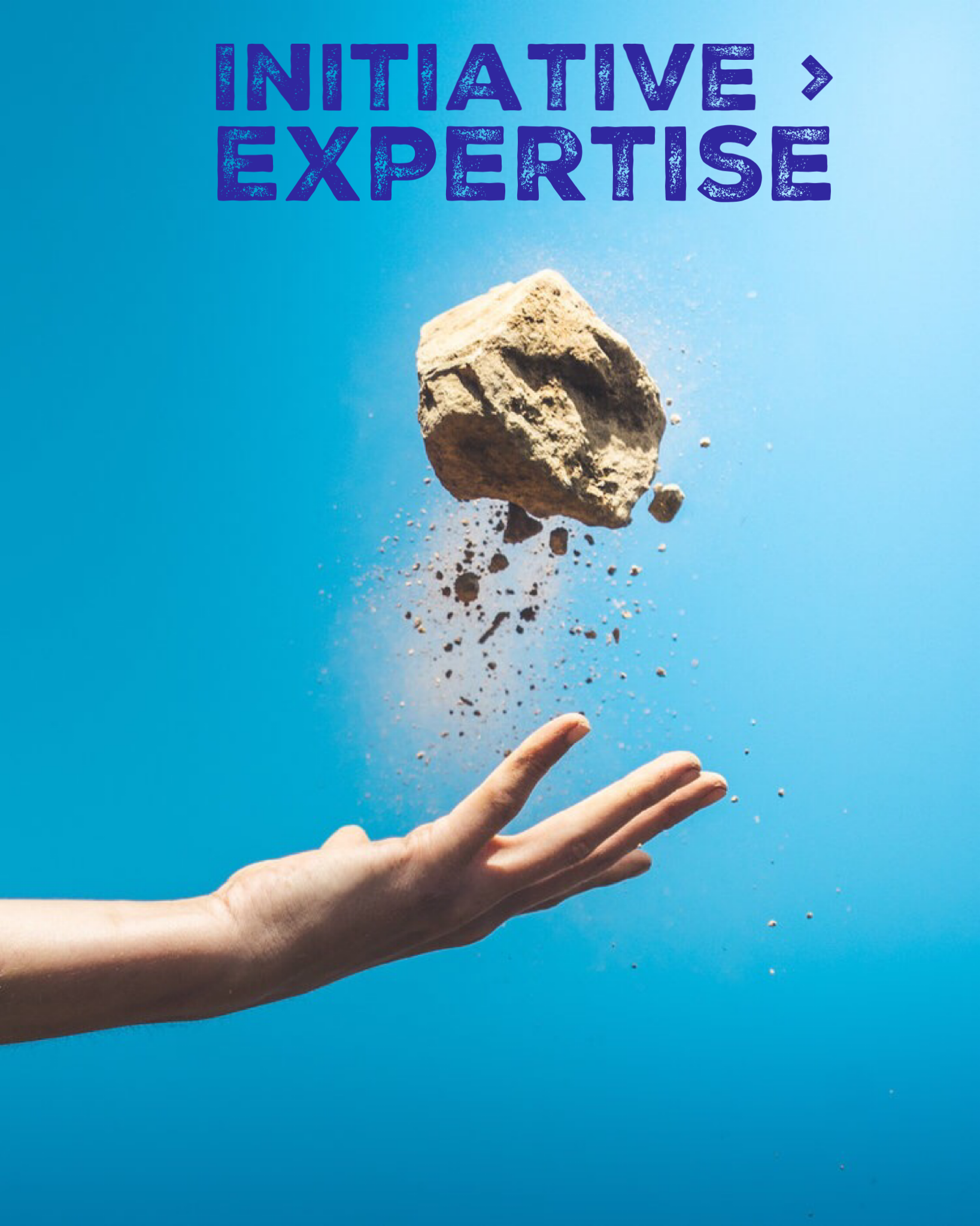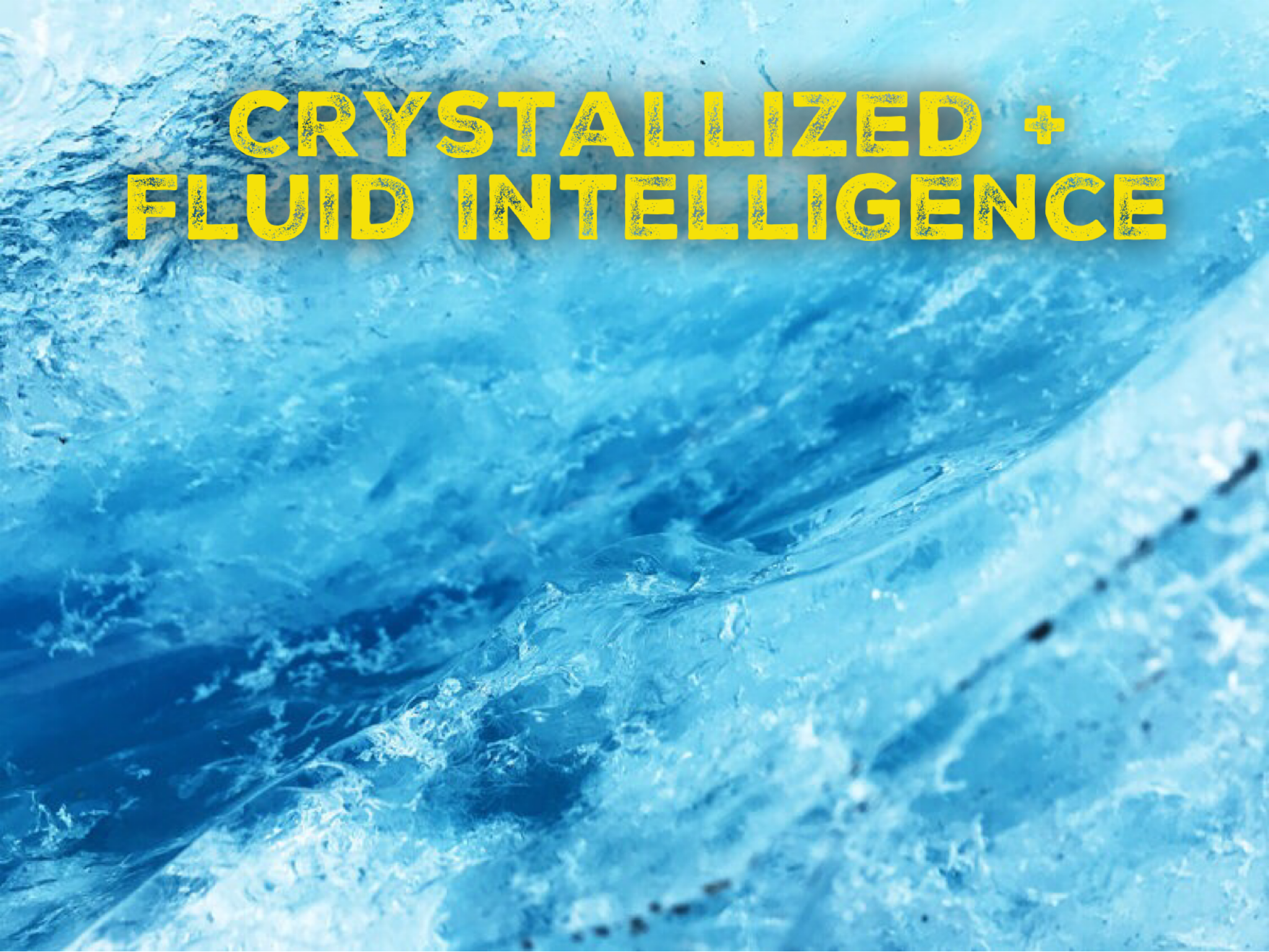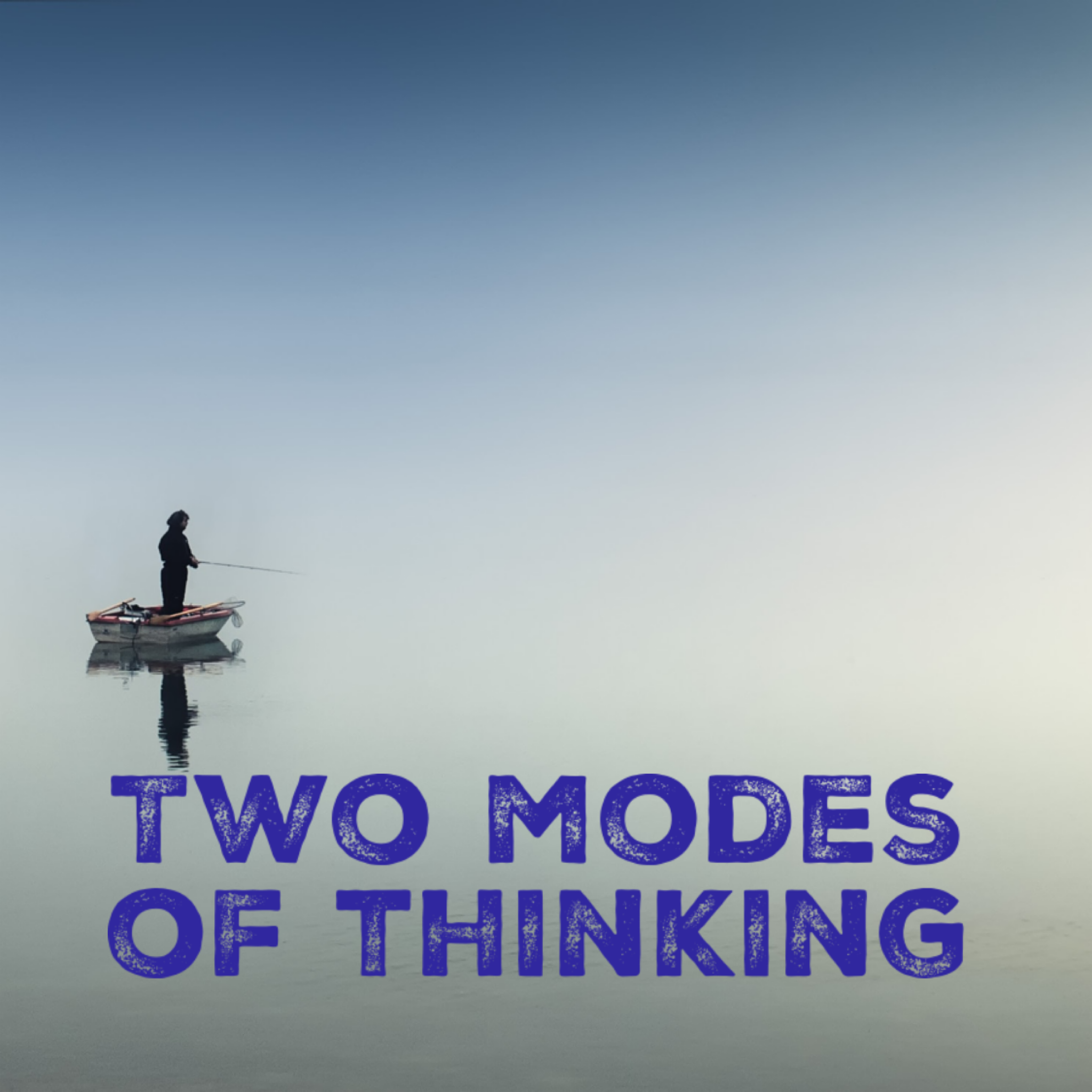School of the Future: Network + Social Capital
Curriculum is always a lagging indicator.
Schools never prototype learning experiences before the world of work demands them.
That’s why I pay attention to L&D thought leaders like Harold Jarche, who recently shared a schema about the impact of deep networks on work:
“People in networks cannot be told what to do, only influenced through other nodes (people) due to their reputation. If people don’t like you, they won’t connect. In a hierarchy you only have to please your boss. In a network you have to be seen as having some value, though not the same value, by many others.”
What does this mean for school?
Start by asking whether your curriculum promotes compliance and cooperation. (1)
In the typical learning experience, are students expected to do what the teacher tells them to do? As Jarche might ask, is your school a “hierarchy” in which students “only have to please their boss [teacher]”?
Or does your curriculum promote collaboration and creation? (2) Are students the agents of their learning experience?
In a networked world, students need to learn to develop social capital. This is one reason why the Expeditionaries curriculum empowers students with the agency to explore who they are, who their peers are, what matters to them, and what they’re going to do about it.
By exploring such questions, students develop the social capital necessary to collaborate and to create.
Schools of the past and the present default to curriculum centered on teacher agency, which leaves students dependent upon “the boss.”
Schools of the future will design for student agency, especially when it comes to developing the social capital to navigate complex networks. (3)
***
(1) Note that Jarche uses “coordination” and “collaboration” in his schema, which I take to be simply the different lingo of the workplace.
(2) Similarly, Jarche uses “cooperation” and “creativity.”
(3) For further reading on how networks are reshaping the world of work and learning, two exceptional books:
The Seventh Sense, by Joshua Cooper Ramo
New Power, by Jeremy Heimans and Henry Timms
***
For more in the "School of the Future” series, click on the tiles below.
***
Thank you for reading this post from Basecamp's blog, Ed:Future. Do you know someone who would find the Ed:Future blog worthwhile reading? Please let them know that they can subscribe here.







